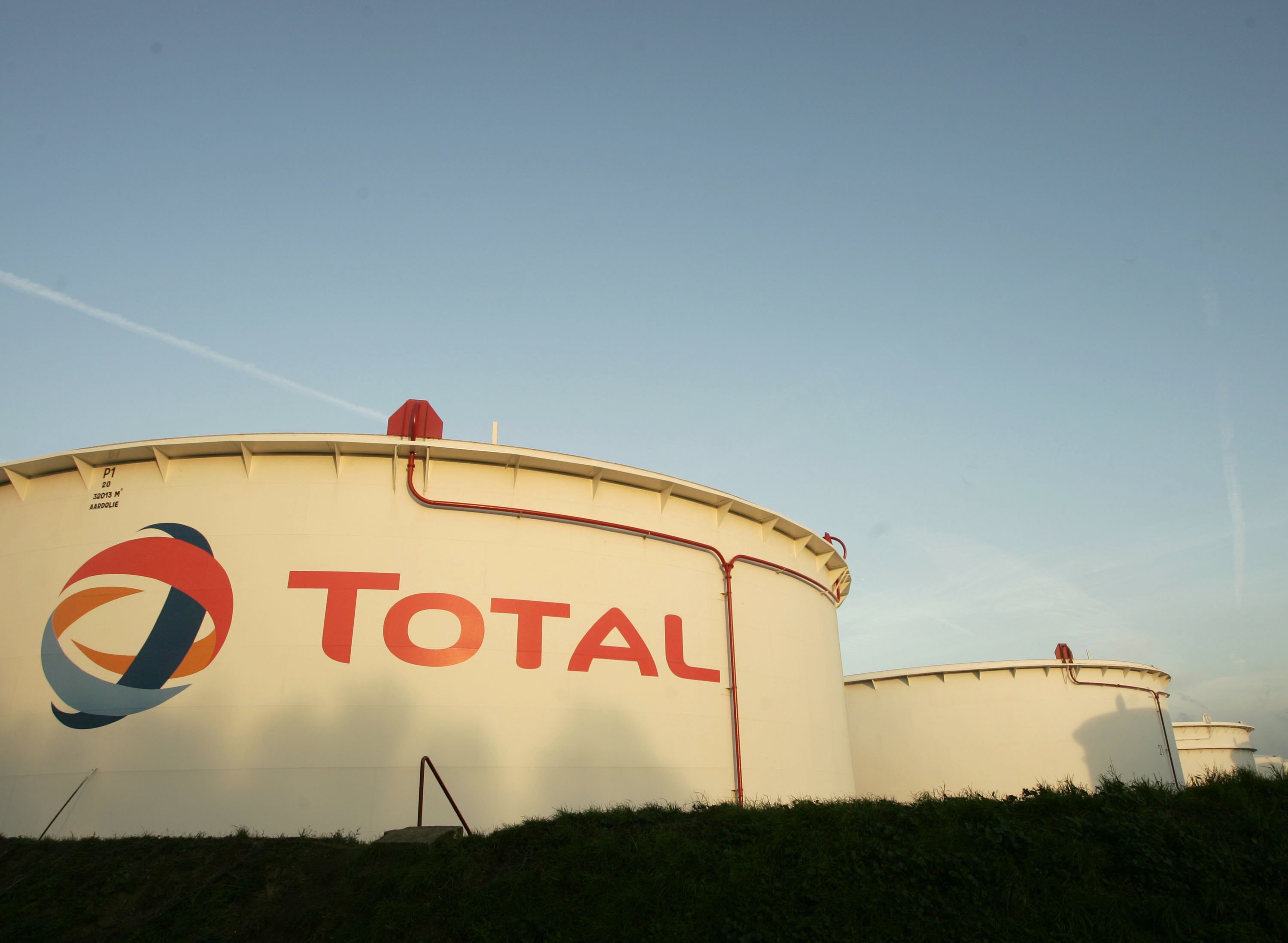Total’s own Amazon reef report reveals oil spill risk to nearby countries

The controversial offshore oil project in the mouth of the Amazon river could pose significant spill risk to nearby countries, according to documents from drilling giant Total.
The findings have led to the company to disown key parts of its own Environmental Impact Assessment (EIA).
In a statement to Unearthed, Total said: “The countries and numbers you mention refer to a scenario in a specific location where Total will never drill.”
Total has failed to produce modelling for the specific location that it does intend to drill, raising questions over what the real level of spill risk to the region is, and whether the project should be given the greenlight.
The Brazilian environment agency IBAMA declined to comment, but said its technical opinion on Total’s drilling application would be completed in the “coming days.”
Local concerns
The disputed figures show there is an up to 72% chance that a prospective spill could reach Trinidad and Tobago, an up to 49% chance it could impact St Vincent and the Grenadines, and an up to 37% chance oil could crash into the island of St Lucia.
They were first submitted to the Brazilian environment agency IBAMA in 2015 as part of the EIA, and survived subsequent revisions.

Despite Total’s comments, the modelling – which was performed by engineering firm Prooceano – has sparked concerns throughout the region, not least in those nations most at risk.
“If an oil spill were to hit the Grenadines it would be a disaster for the local environment and people,” said James Lord, Executive Director at Sustainable Grenadines.
Patricia Turpin, Vice President at Environment Tobago, called the report’s conclusions “disturbing.”
Spill issues
This is hardly the only controversy surrounding the proposed drilling drive in the mouth of the Amazon.
Indeed it comes just days after Unearthed revealed how BP, which harbours ambitions in the region, plans to use a coral-killing chemical dispersant in the event of a spill event, much like it did following the Deepwater Horizon disaster in the Gulf of Mexico in 2010.
That’s especially significant since there happens to be a massive reef, composed partly of coral, right nearby — a unique and largely undocumented ecosystem home to hundreds of species.
The Amazon reef itself also faces significant spill risk, with the modelling commissioned by Total showing there could be an up to 30% chance of oil reaching the reef.
Now that same modelling has quantified the risk of an oil spill to countries across the continent, with every one of the 300 simulations resulting in oil colliding with a nearby coast.
In some cases, countries were looking at nearly 100 tonnes of crude arriving on their shores.
With Trinidad and Tobago facing the steepest odds, Turpin said: “We would be very concerned should any oil spill take place off the Brazilian coast. Extreme care needs to be taken to prevent such a disaster happening.”
Speaking from the Grenadines, Lord added: “The environment here is very healthy. We have healthy coral reefs, sea grass beds, mangroves, and fisheries, all of which are very vulnerable.”
“Clearly an oil spill would disastrous for local livelihoods. In my opinion, this is an unacceptable level of risk.”
Read the EIA spill modelling in full here

